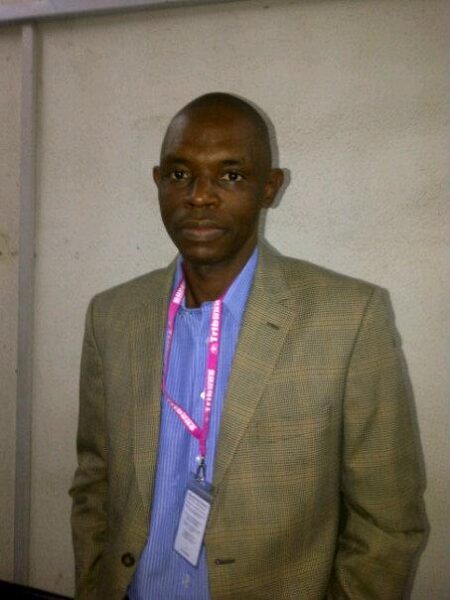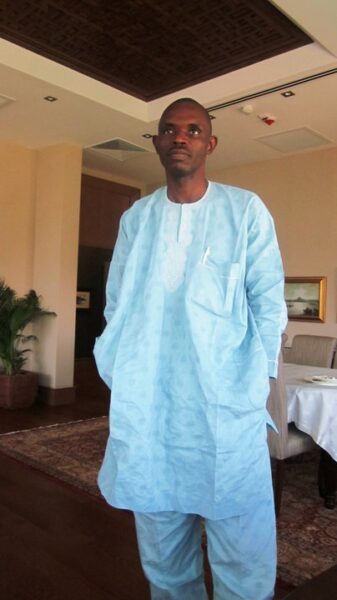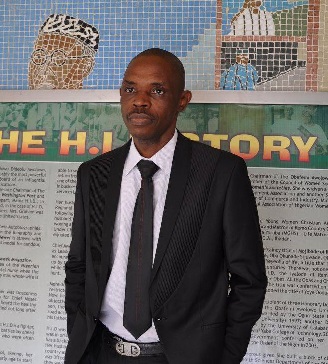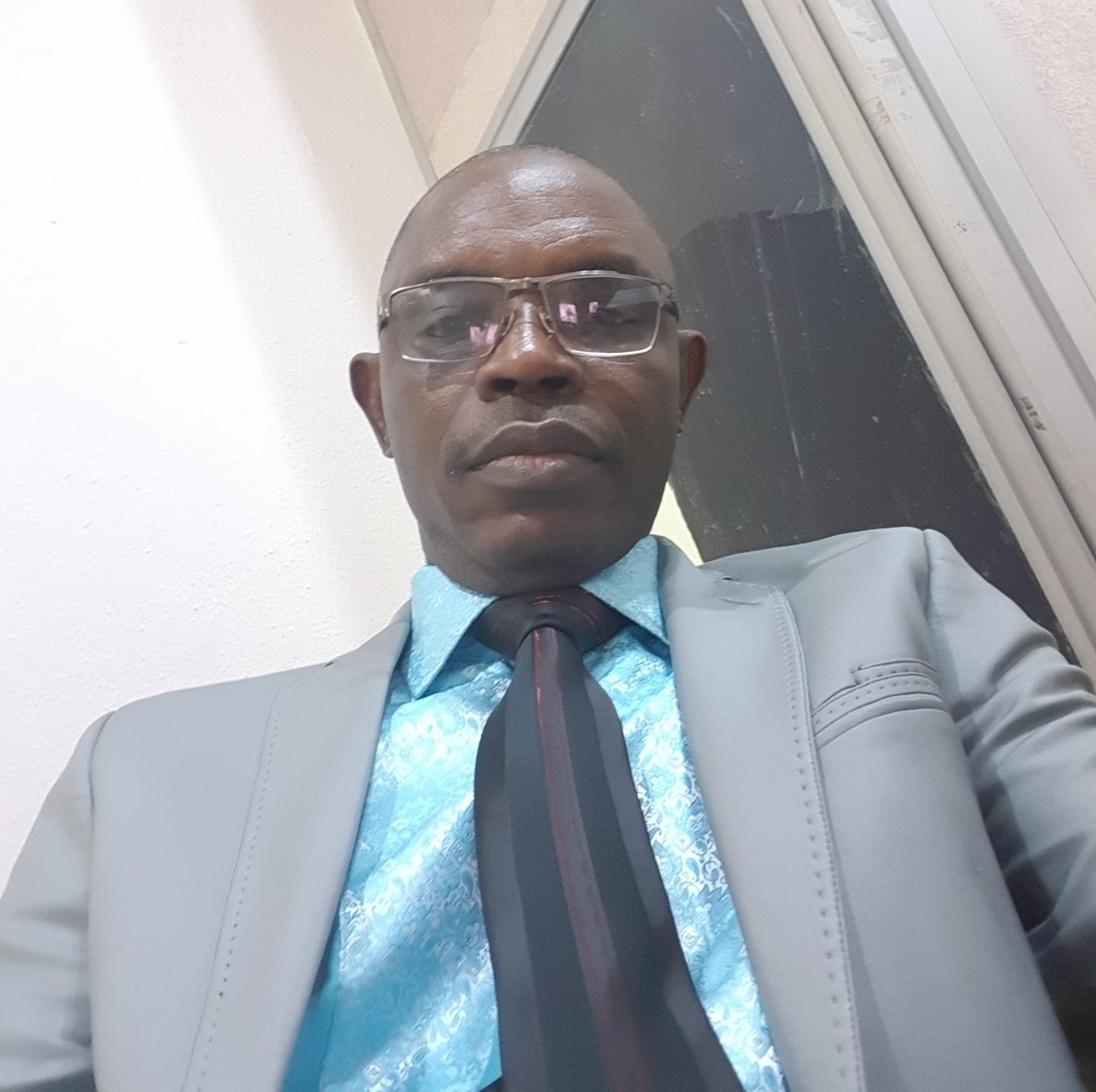By Toyin Falola
Elite failure is pronounced in Nigeria. Whether anyone is confident enough to state it or too timid, they ignore the fearful signs. The government itself is not human; it is a system controlled by people. Therefore, it is understandable why the government is sometimes criticized by helpless citizens who believe that their woes and tribulations are the results of the unpopular decisions made by those in power. At one point or another, different protagonists have emerged in different ways, with the expectation that the people’s challenges will be addressed once they put in place the right ideas and decisions reflected in their policy opinions and positions.
One beautiful thing about governance is that citizens cannot be dispossessed of the knowledge of how a government regime is treating them. Even if their voices cannot be amplified to the extent that they can be heard by the most insulated figures in the government houses, their suffering speaks volumes. People who have faced continued hunger and poverty cannot be portrayed as shining or having the best moments of their lives because such hardships leave imprints on human physical anatomy and internal organs. When people are hungry, their reactionary responses may not be aggressive and inflammatory, but they cannot help but be mournful of their helpless condition. While anyone may have the power to slap an innocent child, they do not have the power to determine how that child reacts to the pain.

Elites in many African countries do not understand the crude language of the helpless individuals on the street because, in their hallowed chambers, they prefer the echoes of praises adulating them for absolute inanities. They celebrate this admiration in the belief and hope that they would go down in history as the best of their kind that humanity has experienced. However, time is the greatest enemy of man, and they are always victims of their uncritical evaluation of the true situation of things.
Nevertheless, all hope is not lost as there are individuals who, despite the obvious rot in the system and the elites’ nonchalant attitude towards the people’s plight, continue to fight for accountability and change. Dr. Lasisi Olagunju stands out as one vibrant voice of the people who do not mask poor performances with great rhetoric. He has amassed sufficient social and public strength to challenge the actors in government by exposing the unpacked truth that they are usually so uncomfortable to hear. Olagunju has written extensively to educate the people that presidents and political leaders of nations have always regretted their times in office for both their actions and inactions. He has always emphasized that leaders are not usually afforded the luxury of time as the average individual, as their decisions carry inevitable consequences.
Despite the potential consequences, Olagunju has consistently spoken truth to power. On many occasions, he has been utterly criticized and vehemently opposed by people who take advantage of the president’s insulation from public realities to gain benefits that are far beyond their reach in normal circumstances. It is rare to find an important administrator in Nigeria who has escaped Olagunju’s flagellating pen. His critique is not because he takes personal pride in calling out popular individuals in the country but because he was raised in a culture where collective psychology is built on the idea that people in power deserves a modicum of truth that even ordinary citizens are not necessarily deserving of.

An average man who has been perpetually evasive and incapable of taking care of his family may be overwhelmed by life, and, sometimes, what he needs is not the truth about his declining capacity because he knows it already, and acknowledging his failure would only destroy his ego and person. However, leaders are not afforded similar luxury. Leaders who shy away from reality are on their trajectory of downfall. They become blinded by the decibel of praises from leeches who distort the truth and give them a wrong impression of reality. In his writings, Olagunju has consistently enunciated that these sycophants sing the praises of leaders to gain undeserved access and opportunities, as well as other financial and social rewards. As soon as these leaders finish their time in office, these opportunists simply seek other ways to continue their exploitation.
By the nature of leadership, those in positions of power are elevated to a status of immense responsibility around which they are circumscribed and have been mostly insulated from the actual happenings of their society. As such, information mongers exploit the gap to provide uncritical opinions that do not accurately reflect the actual conditions of things, and they continue in that version because it profits them and brings food to their table.
Should these sycophants be blamed? Maybe not. Morally, they may be absolved of this quandary; however, leaders who indulge them and listen to the wrong evaluation of things would have their names dragged in the mud and their integrity brought to ruins. Olagunju has boldly stated in one of his poignant writings that President Bola Ahmed Tinubu, like many of his predecessors, has surrounded himself with profiteers of false narratives and uncritical evaluations to keep their access to the man. This tradition of sycophancy thrives on giving misleading information to the president under the circumstances of governance insulation, which eventually results in misguided policies and decisions.
Olagunju has never relented in telling elites that their poor and haphazardly prepared policies pose significant and unimaginable dangers to the country. Although the information that he dishes out is always in the open and available for anyone who cares to listen, he believes that they often fall on deaf ears until the time and season of these leaders have passed. Is it not ironic that many of the past Nigerian leaders now offer more “fitting” opinions to those in power? They believe they are best positioned to project ideas that can salvage the situation and rescue the nation despite not heeding similar advice during their time in power.

The persistent hardship that has plagued Nigeria under successive presidents has continued to be downplayed as mere tactics by the opposition to ridicule the government and undermine its efforts. The average Nigerian is going through so much suffering, which has been attributed to the consequences of their decisions. Once they entrust power to the government, they lose their voice—a condition that has lasted across generations.
While Nigerians have great expectations of the current President, they are aware of the immense work that needs to be done. On the outside, they want their leaders to execute lofty and outstanding projects that will positively impact the economy and society at large. However, their primary need is to have access to good jobs, affordable and quality healthcare, and security of their lives and property. If their basic needs are met, they can dare to dream more and continue to pursue their goals more effectively.
Today, Olagunju faces fierce criticism for highlighting the severe challenges that the country is facing, especially hunger-related ones. He has continued to raise his voice about the unpopular nature of many policies introduced by the government, boldly challenging the government’s notion that problems can be wished away without active and critical actions that are reflected in effective policies. Hunger has been a serious challenge across the nation, and with it, insecurity has become pronounced, with many resorting to criminal acts like kidnapping. Incessant kidnappings have overtaken the nation, and, unfortunately, the elites downplay the situation, which is another critical issue that Olagunju addresses in his writings. Whenever a kidnapping occurs, the government blames everyone but itself. This deflection of responsibility only exacerbates the problem, preventing meaningful solutions from being implemented.

Nigerians are confronted with problems of unimaginable proportion because the President is consumed by wrong narratives from self-serving apologists who are more concerned about their interests than with the average citizen’s welfare. Like a pendant around the leaders’ necks, Olagunju’s writings jiggle on their necks and warn them of the imminent danger of their choices and decisions. Although many would understand the critical roles that individuals like Olagunju play in the structuration of a better society and system, it is evident that he cannot be undermined in the scheme of things. He warns that the government’s assertion of the nation’s dire economic conditions should not remain just mere rhetoric; they need to walk the talk and cut down their excesses to demonstrate honesty and integrity.
Regrettably, many in positions of authority often do not match their words with actions, underscoring systemic elite failure. This underscores the urgent need for leadership that places a high importance on the well-being of Nigerians while also ensuring accountability and demonstrating genuine concern for the populace.
PS: This is Part 1 of a Six-Part Series

Dr Olagunju has always spoken well. But our Politics is not one of inclusion. It is STATE CAPTURE. The winner appropriates the commonwealth for the benefit of himself, families, friends, proxies, cronies and cheerleaders (in some cases). Change is difficult in such circumstances. Sycophants will abound to get access to the Treasury.
Yoruba says, “Bi won ba ntan e, iwo naa ma tan ara re”. Why should true leaders not interface with the people they lead and only rely on those who feed them with lies (sycophants)? The truth is, they are just rulers who occupy offices without any desire for purposeful and impactful leadership. They want to make a name that they had one time occupied the position, not minding the bad legacies associated with their names. Quite unfortunately, when they are gone and the names resurface again through their children, we follow the children sheepishly. We have forgotten what the Yoruba says, “Oka bimo sile, o boro”.